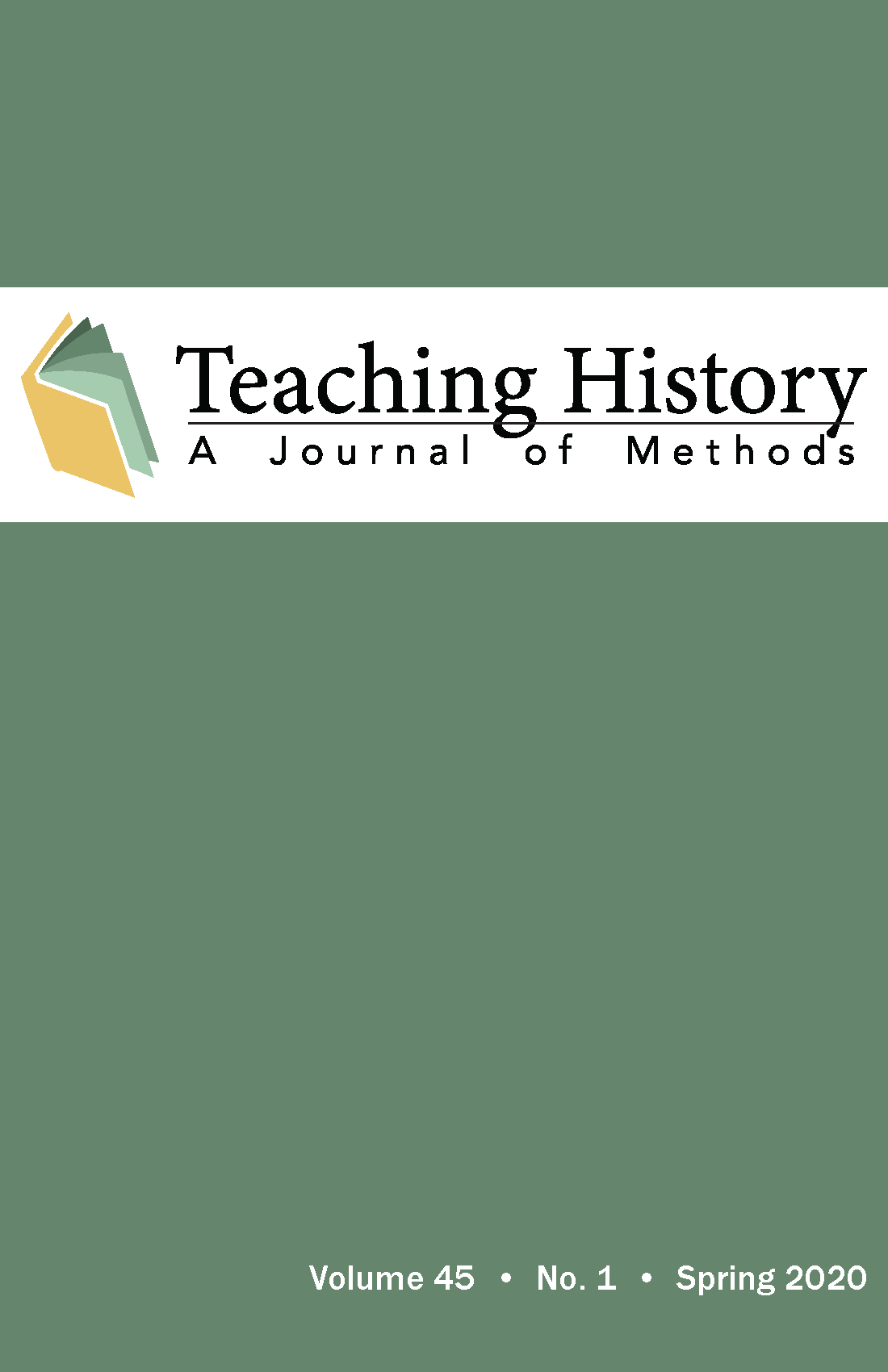Mapping the Transformation of Information into Knowledge in Early Modern Florence
Using the DECIMA Project to Assess Historical Thinking Skills
DOI:
https://doi.org/10.33043/TH.45.1.2-31Keywords:
disciplinary concepts, geographic information systems, Florence, census data, DECIMA ProjectAbstract
The recent use of geographic information systems (GIS) to visualize large historical datasets are particularly useful to History instructors who seek real-world platforms that support an open-ended investigation of past societies. The University of Toronto’s DECIMA Project (Digitally Encoded Census and Information Mapping Archive) presents an open-access platform through which anyone can explore census material collected in early modern Florence. This article explores how senior undergraduate students used the DECIMA Project to construct research-based learning assignments that they developed independently. A rubric assessed the resulting student work in order to evaluate several cognitive abilities that students employed during their method design, data analysis, and the contextualization of conclusions. The assignment also drew on central History disciplinary concepts (articulating a question, constructing an argument, evaluating sources, and discerning challenges to the narrative), while introducing students to 'real Florentines.'
Downloads
Downloads
Published
How to Cite
Issue
Section
License
Copyright (c) 2020 Jennifer Mara DeSilva

This work is licensed under a Creative Commons Attribution-NonCommercial-NoDerivatives 4.0 International License.
By submitting to Teaching History, the author(s) agree to the terms of the Author Agreement. All authors retain copyrights associated with their article or review contributions. Beginning in 2019, all authors agree to make such contributions available under a Creative Commons Attribution-NonCommercial-NoDerivatives 4.0 International license upon publication.



